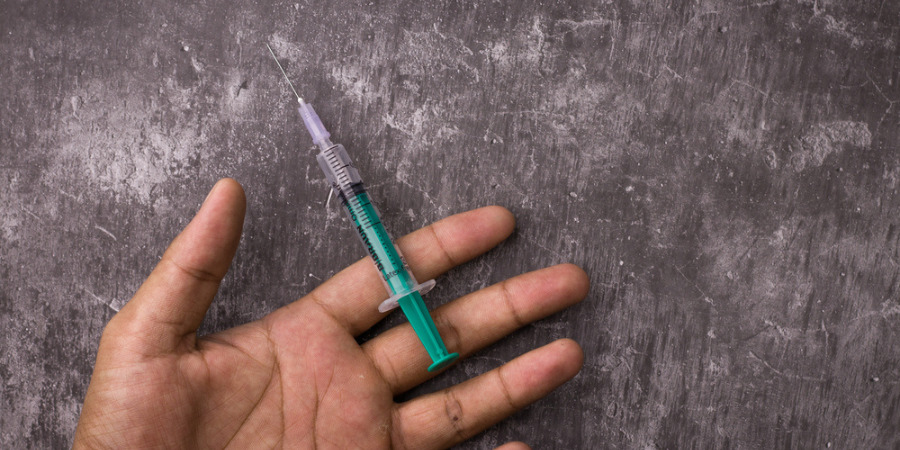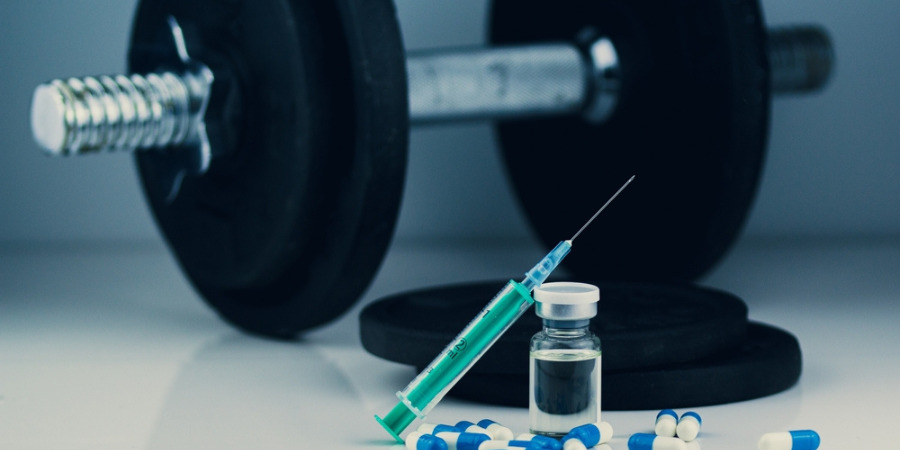
Written by:

Medically Reviewed by:
Last Updated:
February 14th, 2025
Steroid addiction
What are steroids?
When someone says they’re ‘on steroids,’ it can often stir immediate concern. Many think of steroids purely in the context of bodybuilding or athletic enhancement, but there’s a wider world of steroids used for various medical purposes. Understanding the different types of steroids is crucial in distinguishing between beneficial, medically-supervised uses and potentially concerning unsupervised uses.
Here’s information on the main types of steroids and their primary medical applications:
| Type of Steroid | Medical Usage |
| Corticosteroids | Used to reduce inflammation and suppress immune response; commonly prescribed for asthma, arthritis, lupus and other autoimmune conditions. |
| Anabolic-Androgenic Steroids (AAS) | Primarily used to treat hormone-related issues, like delayed puberty, muscle loss from diseases like cancer or testosterone deficiency. They’re sometimes misused for muscle growth and athletic performance enhancement. |
| Estrogens and Progestogens | These steroids are often used in hormone replacement therapy (HRT), birth control pills and menopausal symptom management. They regulate menstrual cycles and manage menopausal changes. |
| Mineralocorticoids | Essential for maintaining salt and water balance in the body; used to treat conditions like Addison’s disease, where the body doesn’t produce enough adrenal hormones. |
| Glucocorticoids | These steroids aid in reducing inflammation, relieving pain and treating allergic reactions. Common in asthma inhalers, allergy treatments and medications for autoimmune diseases. |
| Progestins | Often used to treat menstrual disorders, abnormal uterine bleeding and endometriosis. Also found in hormonal contraceptives. |
What kinds of steroids are addictive?
While not all steroids carry the risk of addiction, certain types, especially anabolic-androgenic steroids (AAS), can lead to addictive behaviours. Unlike corticosteroids or progestins, which generally don’t trigger addictive tendencies, anabolic steroids affect the body in ways that can create both physical and psychological dependence.
So, why do anabolic steroids have the potential to become addictive?
- Psychological dependence: Anabolic steroids can alter the way someone perceives themselves, often leading to a desire for continued use. They’re popular for muscle growth and body enhancement, which can result in individuals becoming reliant on the physical changes they experience. This ‘better version’ of themselves can become addictive, especially in environments where physical appearance or performance is highly valued.
- Physical dependence: Prolonged use of anabolic steroids can disrupt the body’s natural hormone balance, causing a dependence on these steroids to maintain energy, mood and muscle mass. When users try to stop, they may experience withdrawal symptoms like fatigue, depression and a strong urge to use again to avoid these effects. This cycle can keep people trapped in continuous use.
- Mood alterations and euphoria: Some anabolic steroids can alter mood and for certain individuals, they may bring about a temporary feeling of euphoria or increased confidence. Over time, this mood boost can become something the individual craves, pushing them towards regular use and increasing the risk of addiction.
How can a steroid addiction affect my life?
Steroid addiction can have far-reaching effects on various areas of a person’s life, impacting physical health, mental well-being, relationships and even career. Many are aware of the potential for physical changes but the psychological and social consequences of steroid addiction can be just as disruptive.
Physical health
A prolonged steroid addiction can place immense strain on the body. Common effects include high blood pressure, liver and kidney damage, heart complications and an increased risk of developing blood clots.
Many users also experience physical changes like acne, hair loss and, in men, a reduction in natural testosterone, which can lead to testicular shrinkage and infertility.
For women, anabolic steroids can cause a deepened voice, excessive hair growth and changes in menstruation. Over time, these physical consequences can lead to severe, sometimes irreversible, health issues.
Mental well-being
Mental health is often significantly impacted by steroid addiction. Withdrawal from steroids can lead to intense mood swings, depression and anxiety, sometimes severe enough to require professional intervention.
Additionally, some people experience what’s known as ‘roid rage’ – episodes of intense anger and aggression that may arise unexpectedly. Roid rage can lead to impulsive actions and regrettable decisions and these sudden outbursts often strain personal relationships and create feelings of isolation.
Relationships
Steroid addiction can also put personal relationships under intense strain. As people become more focused on their physical appearance or strength gains, they may spend less time on family, friendships and partnerships. Roid rage episodes can further harm relationships by creating an unpredictable and sometimes hostile environment. The personality changes associated with steroid addiction can make it challenging for loved ones to maintain connections, leaving the person feeling isolated and misunderstood.
Work and career
Work-life can also suffer under the influence of a steroid addiction. Mood swings can affect interactions with colleagues and managers, leading to conflicts or disciplinary issues. Additionally, physical health problems or mental strain from withdrawal may lead to reduced productivity, absenteeism or even job loss in more severe cases.
Do I have a steroid addiction?
Recognising a steroid addiction can be challenging, especially as initial use often feels like it’s under control. However, if you’re unsure about your relationship with steroids, a self-assessment can be a good first step to help you understand if addiction may be a concern.
- Have you tried to stop using steroids but found yourself unable to quit or cutting down much less than planned?
- Do you find yourself using higher doses of steroids than initially intended to achieve the same effects or satisfaction?
- Have you noticed physical or psychological changes, such as ‘roid rage,’ that affect your relationships or daily life?
- Do you feel anxious, depressed or irritable when you don’t have access to steroids?
- Has your steroid use caused conflicts with loved ones or have you hidden or downplayed your steroid use around them?
If you answered ‘yes’ to any of these questions, it may be a sign that steroid use is impacting your life in ways that are difficult to control. Reaching out to a professional for a full assessment can be an important next step toward understanding your options for support and treatment.
How can Liberty House help with steroid addiction?
Liberty House offers comprehensive support for those struggling with steroid addiction, guiding you towards a healthier, balanced life. Our specialised programme begins with a thorough assessment to understand your unique needs, followed by a medically supervised detox to manage withdrawal symptoms safely. We provide tailored therapy options, including individual counselling, group sessions and holistic therapies like yoga and art, all designed to address the emotional and psychological aspects of addiction.
At Liberty House, we also tackle issues such as anger management and self-esteem, often affected by steroid misuse, helping you rebuild healthier patterns and strengthen relationships. Our aftercare services ensure you have ongoing support as you transition back to daily life, offering tools to maintain sobriety and prevent relapse. Reach out today to learn how Liberty House can help you reclaim control and find freedom from steroid addiction.







